California's
attorney general has released a summary of a proposed state
constitutional amendment that highlights how the measure
would strip gay and lesbian couples of most
domestic-partnership rights while also banning
same-sex marriage. The preparation of an official
circulating title and language for the amendment means
that opponents of same-sex marriage may now begin
gathering the 598,105 signatures they need to qualify
the measure for the June 2006 ballot.
But the amendment's official
sponsors--Randy Thomasson of the Campaign for
Children and Families, former assemblyman Larry Bowler, and
Sacramento activist Ed Hernandez--said Monday
they plan to challenge Attorney General Bill
Lockyer's proposed summary in court, calling it
prejudicial and erroneous. "True to his liberal bias, but
untrue to his constitutional duty, Bill Lockyer has
dumped on us an inaccurate and prejudicial paragraph
that is anything but impartial and fair as the law
requires," Thomasson said.
Thomasson took exception in particular to
Lockyer's focusing on what the amendment would take
away from registered domestic partners instead of what
it would do to safeguard marriage in the status quo.
"Lockyer completely ignores the chief points...the
whole issue is the protection of marriage," the group
behind the initiative, VoteYesMarriage.com, said in a statement.
From top to bottom, the Democratic attorney
general's 100-word analysis makes it clear that if the
amendment were to pass, it would do a lot more than
just limit marriage to unions between a man and a woman.
While sponsors submitted a working title of "The
Voters' Right to Protect Marriage Initiative," for
instance, the attorney general has renamed it
"Marriage. Elimination of Domestic Partnership Rights." The
summary that would appear at the top of the petitions that
will be circulated for signatures similarly calls
attention to how the amendment would reverse the
six-year course the state legislature has been on in
extending significant spousal rights to same-sex couples.
While noting that the amendment would "provide
that only marriage between one man and one woman is
valid or recognized in California," the
summary goes on to state that the measure "voids and
restricts registered domestic-partner rights and
obligations" in areas ranging from inheritance and
adoption to insurance benefits and hospital visitation."
"The attorney general's responsibility is to
accurately describe what the measure does," said
Nathan Barankin, a spokesman for Lockyer. "It's not up
to us to wage the political campaign the proponents or
opponents want to wage, just to tell the voters the truth."
The stripped-down language could prove a
liability for the amendment's proponents as they seek
to qualify it for the ballot and win voter approval.
Although California voters approved a ballot
initiative five years ago limiting marriage to a man
and a woman, since then the state legislature has
granted gay and elderly couples who register as domestic
partners nearly all the rights and responsibilities of
married spouses. Polls have shown most voters support
extending the rights of marriage, if not the
institution itself, to same-sex couples.
"California voters, even though they are
relatively liberal, probably do not support gay
marriage," said Elizabeth Garrett, a University of
Southern California law professor. "But if it's very clear
to voters it is not just a gay marriage amendment,
then it is less likely to pass. Opponents will
capitalize on that, and it gives them a chance to
characterize this as an extreme initiative out of the
California mainstream."
Gay rights advocates nonetheless expect the
amendment to make it to the ballot, along with bans on
same-sex marriage in Alabama, Indiana, Wisconsin,
South Carolina, Colorado, Arizona, Florida, Virginia, South
Dakota, and Tennessee, according to the Human Rights
Campaign. Voters in Texas will render a decision on an
amendment outlawing same-sex marriage this year. "This
proposal [in California] would strip away more rights
from more families than any other proposal we have seen in
any other state," said Seth Kilbourn, vice president
of HRC's Marriage Project. "It would actually
permanently bar the California legislature, the
courts, and the governor's office from providing any
legal protections to legally recognized domestic partners."
Meanwhile, a group that includes the widow of
the late senator William J. "Pete" Knight has
submitted a competing amendment that a lawyer for the
ProtectMarriage.com campaign said would go even further by
preventing the state government from recognizing same-sex
unions in any way. Knight was the sponsor of
Proposition 22, the 2000 ballot initiative that
prevented the state from recognizing same-sex unions
performed elsewhere.
Andrew Pugno, an attorney for the Proposition 22
Legal Defense and Education Fund, said his clients
felt compelled to put forth a second amendment because
they think the first leaves room for lawmakers to
confer legal and economic rights to same-sex couples as long
as they aren't already reserved for marriage. The
attorney general's office was expected to release a
summary of that amendment this week. (Lisa Leff, AP)








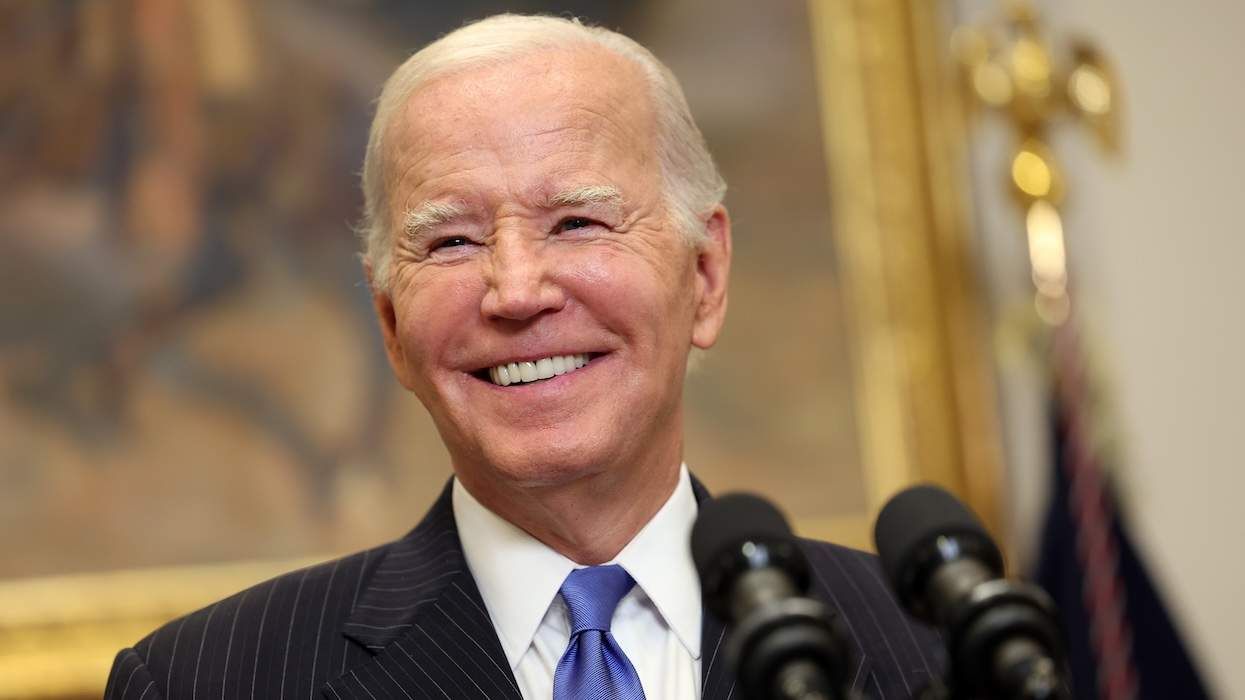




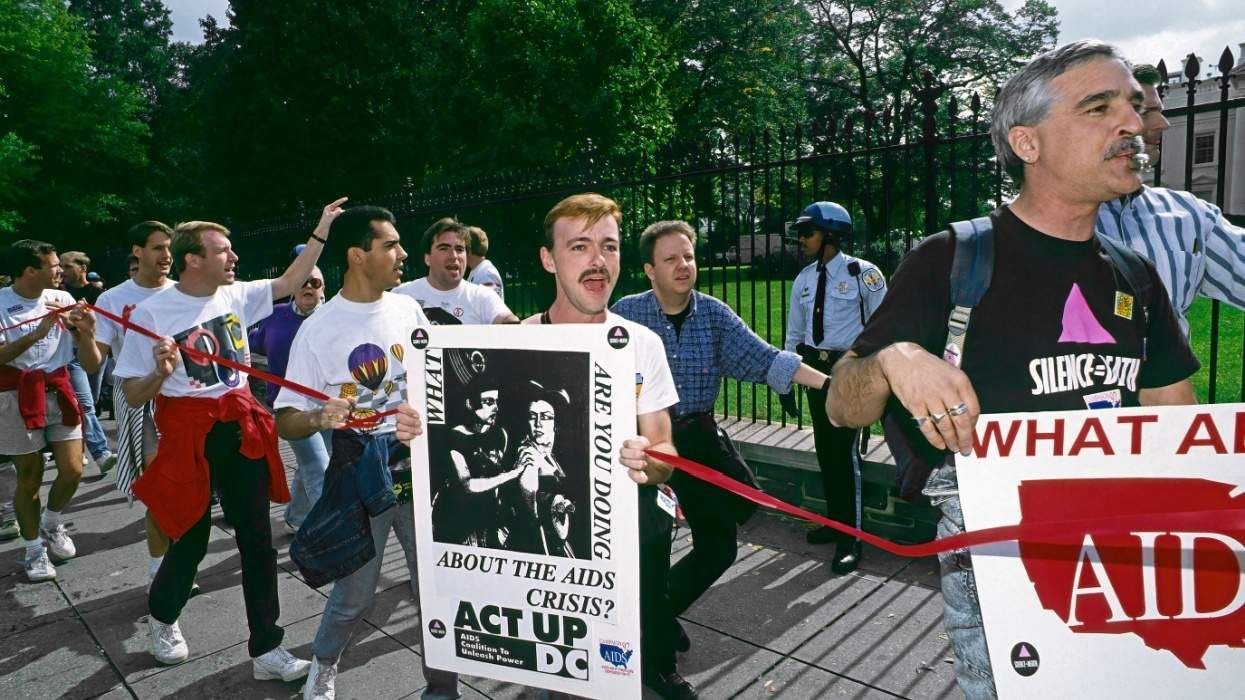

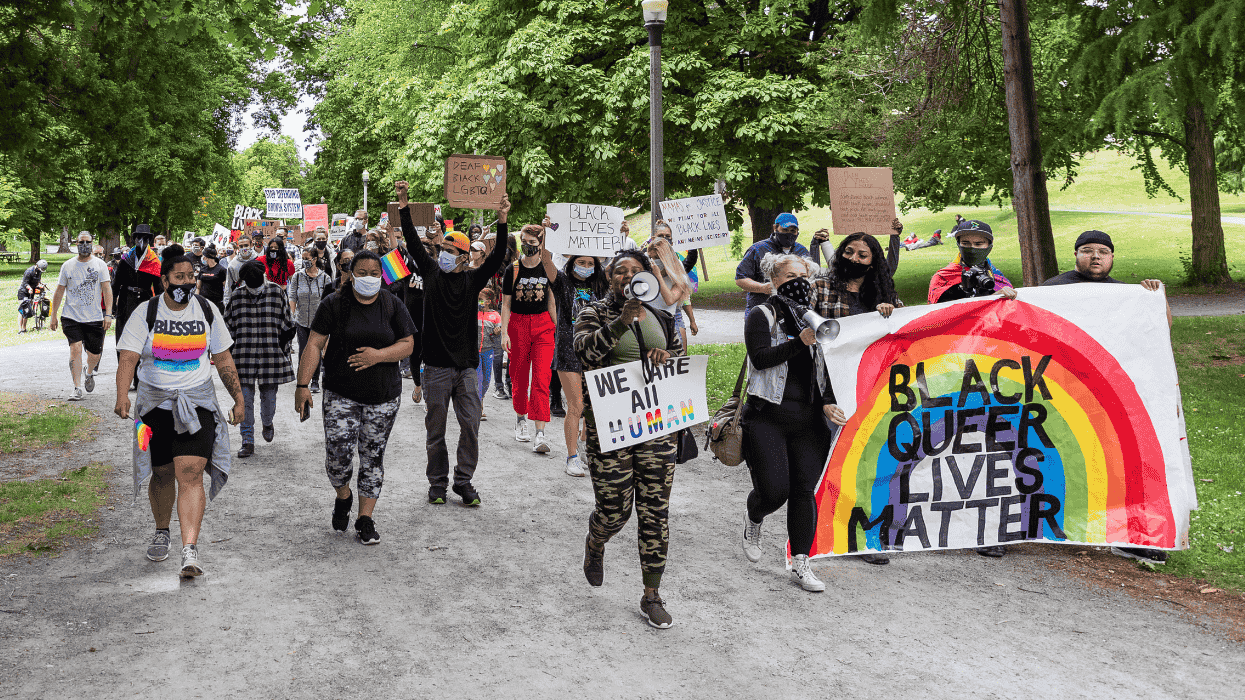
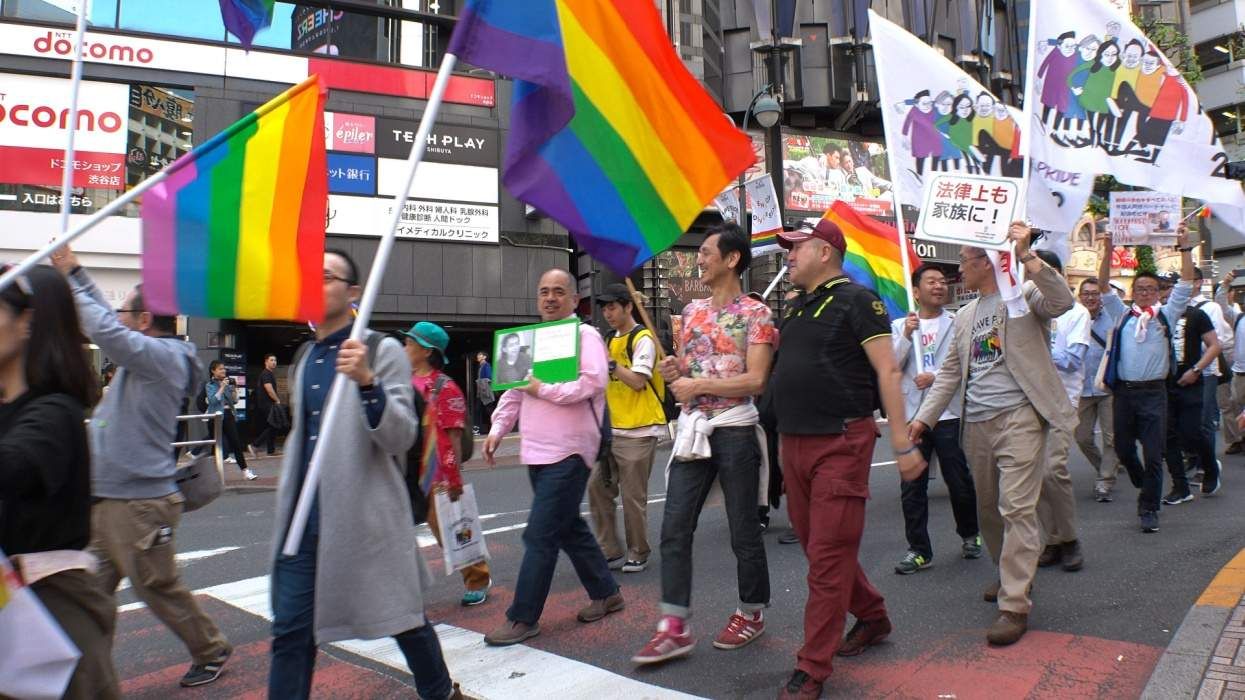


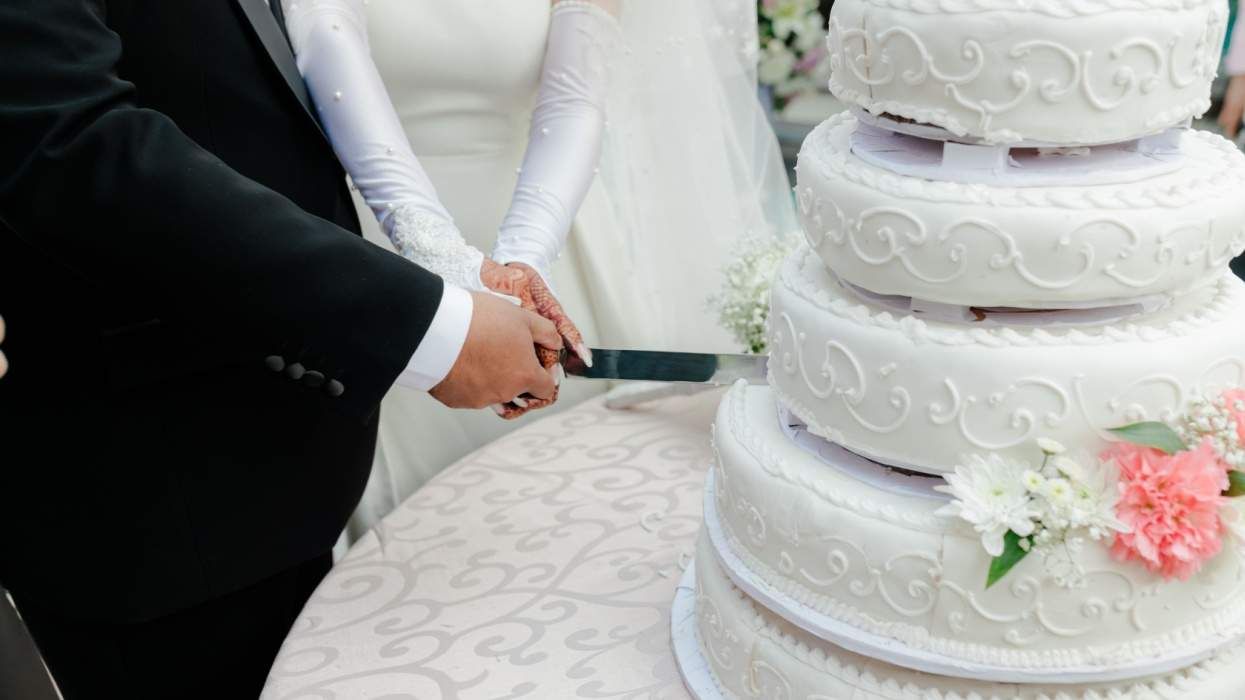
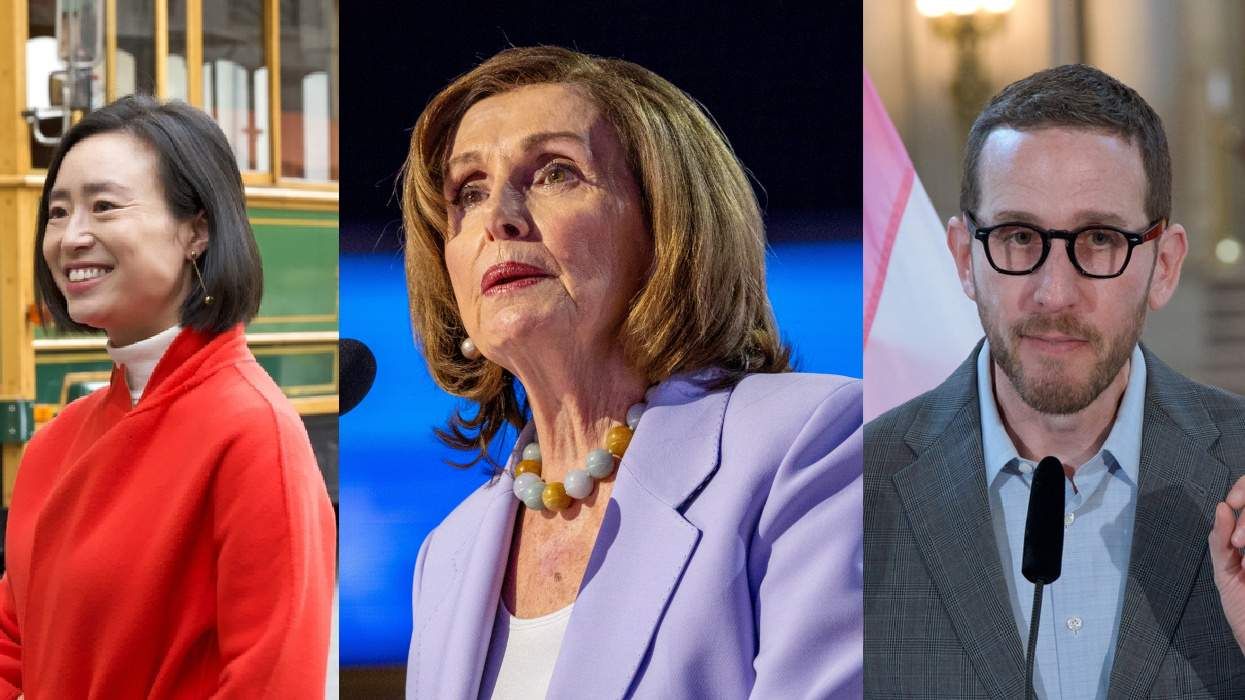
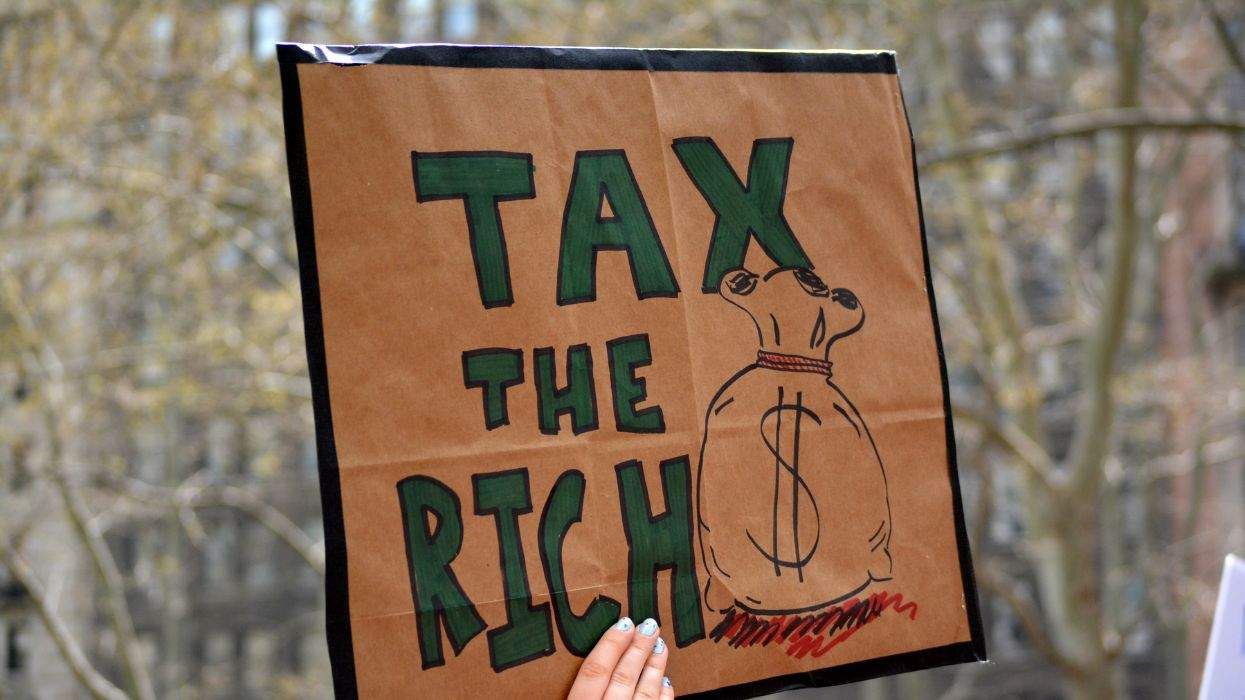
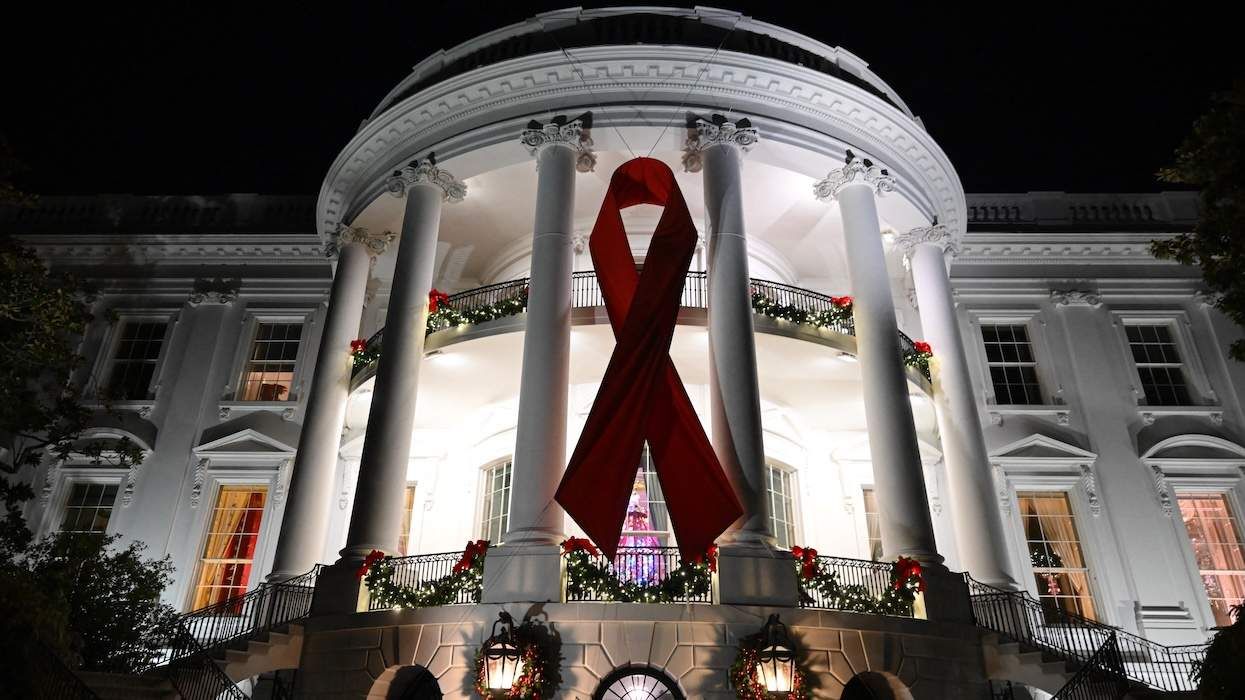
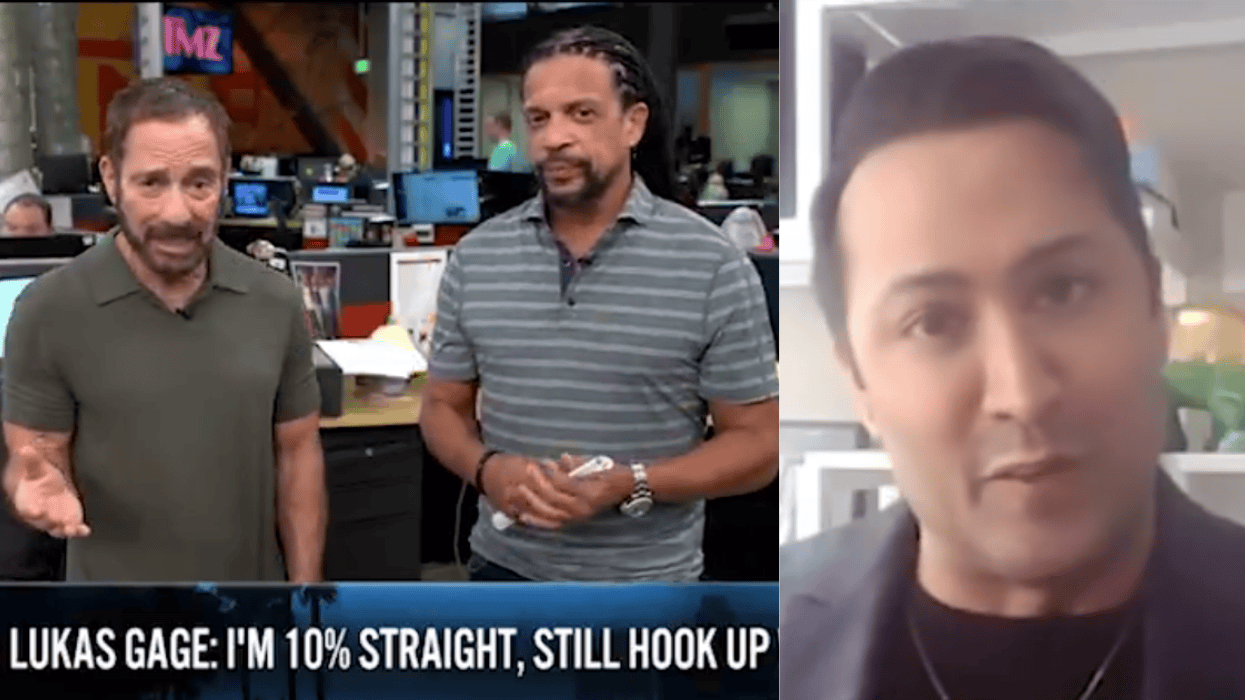
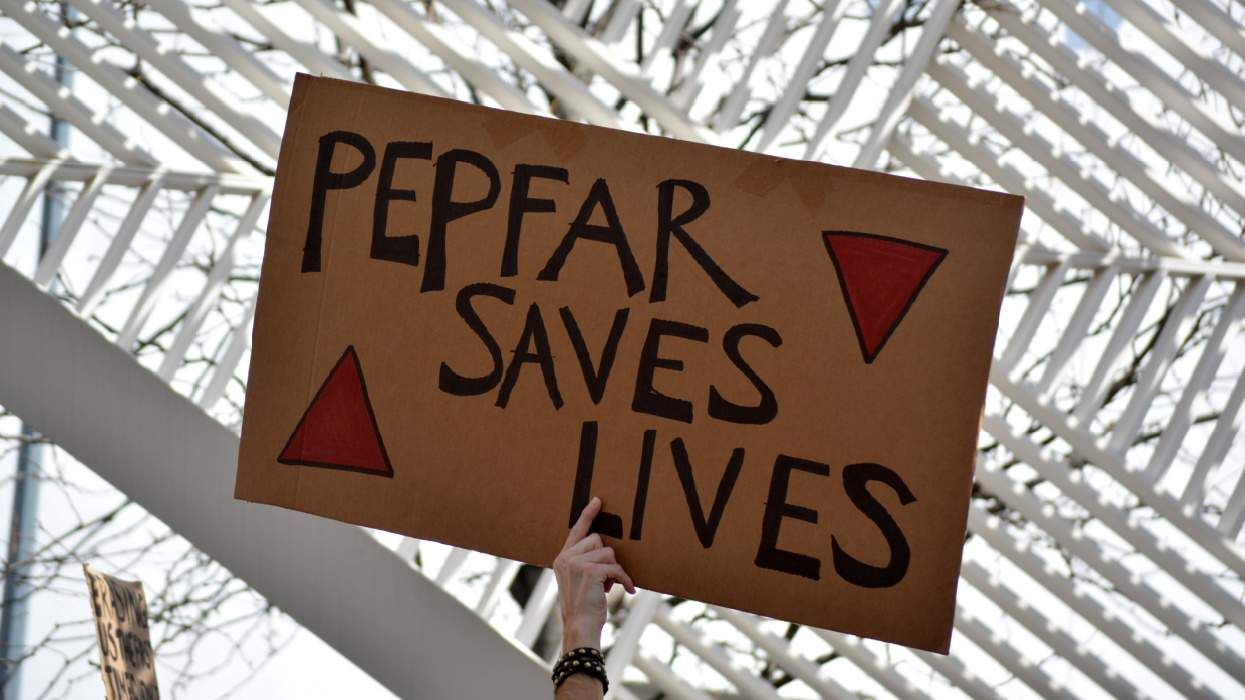
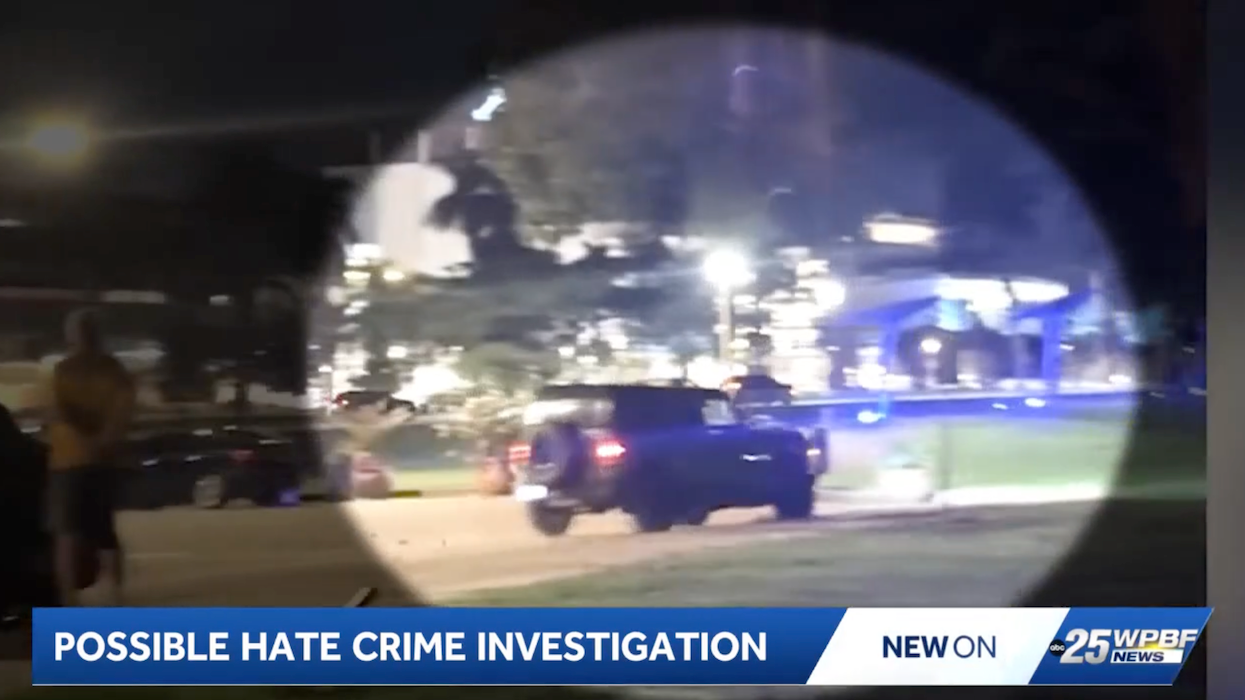
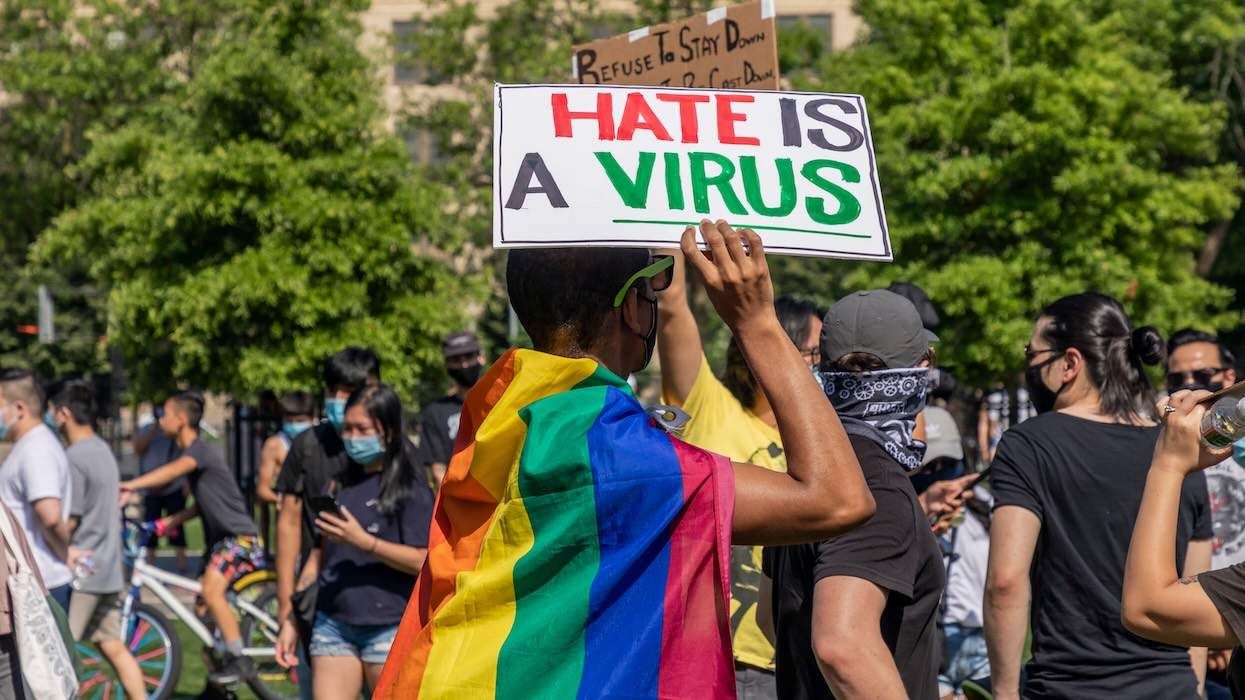
















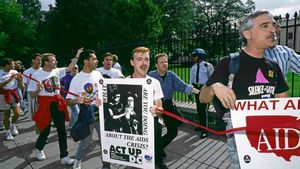

























Charlie Kirk DID say stoning gay people was the 'perfect law' — and these other heinous quotes